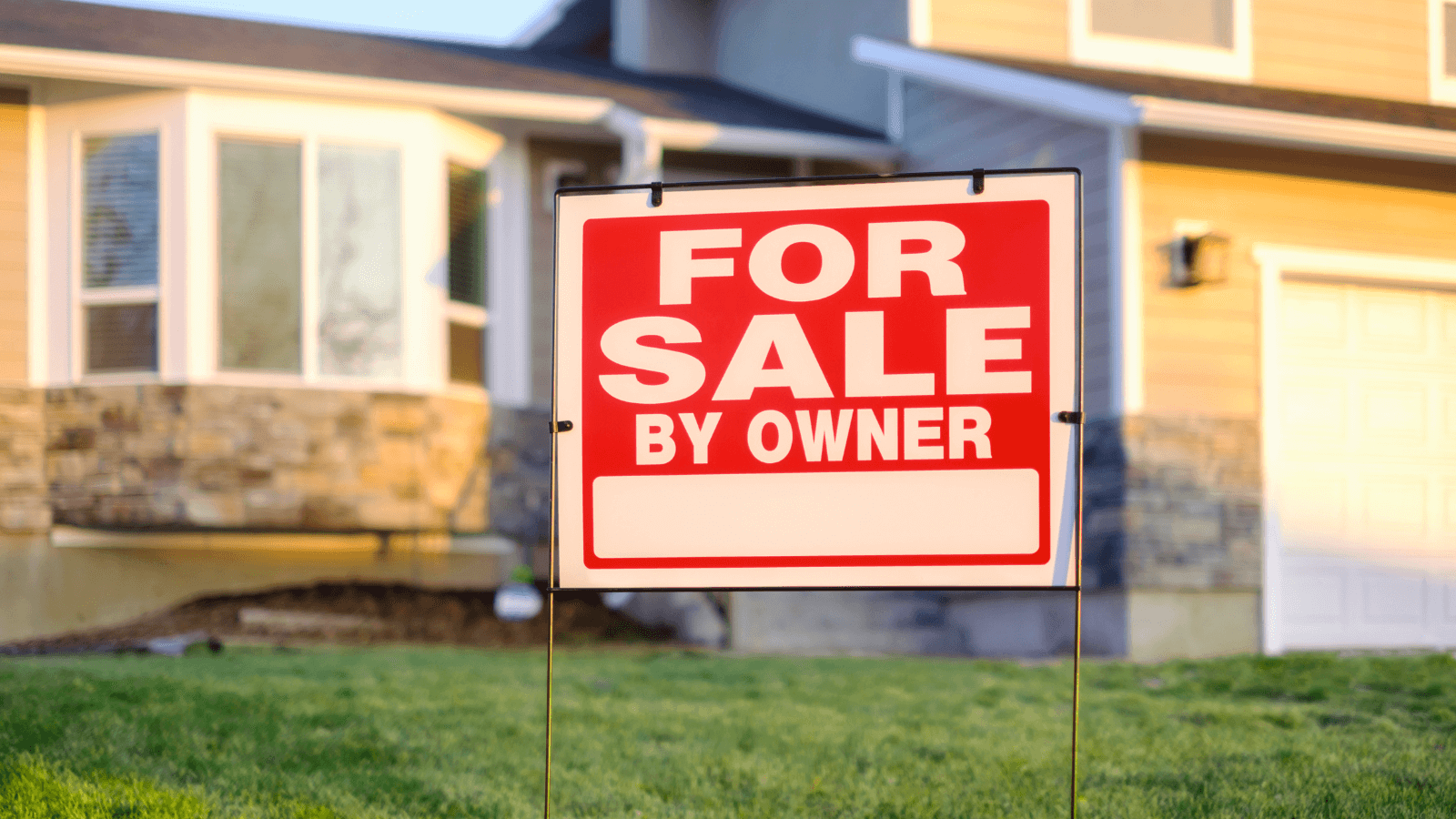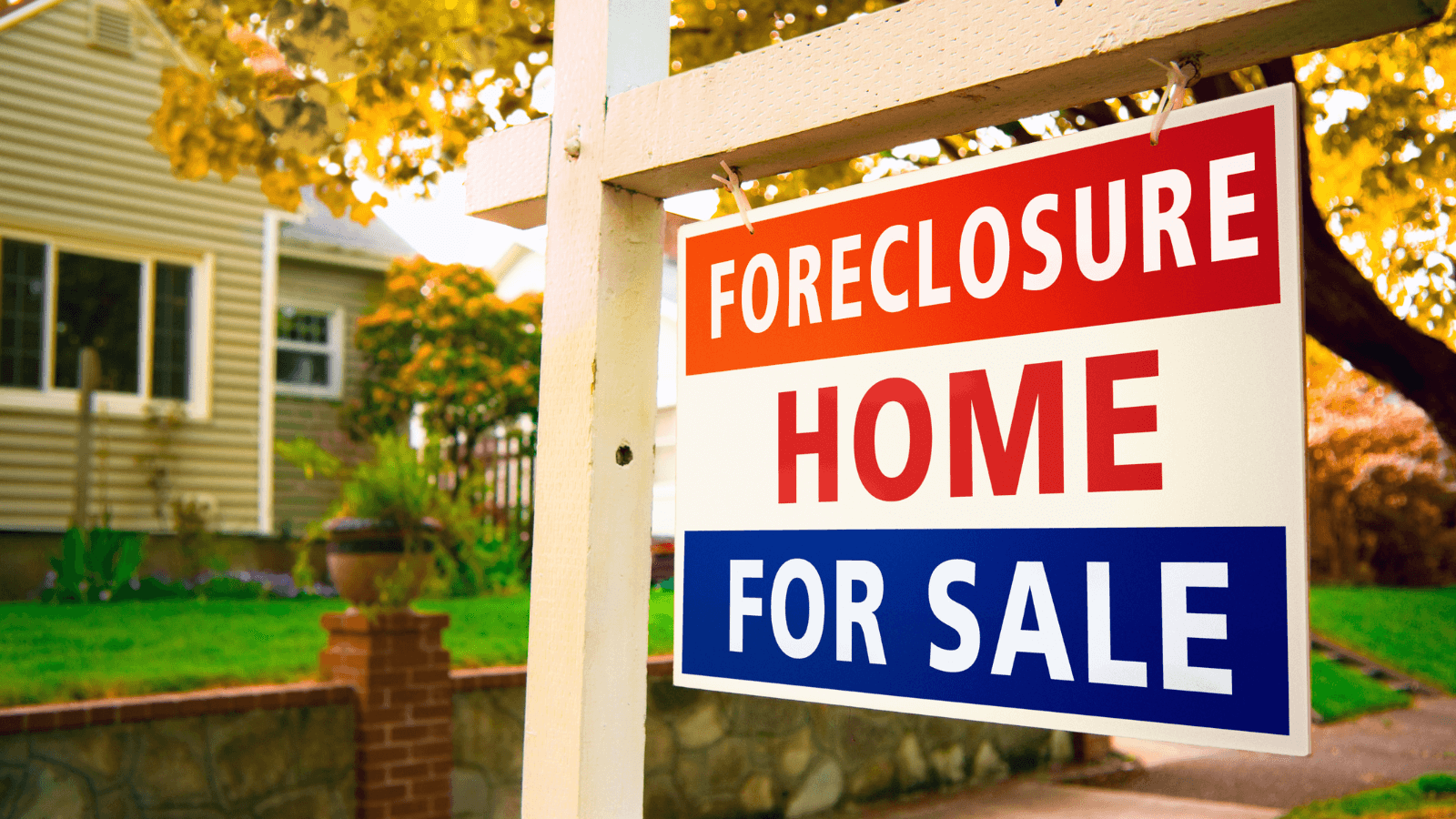-
Recording Potential Buyers During Showings: What North Carolina Realtors Need to Know

In today’s technologically advanced world, homeowners have unprecedented access to recording devices. Now, some home sellers have found a new use for their home surveillance tech: to record potential buyers during showings. As a real estate agent in North Carolina, it’s crucial to understand the legalities surrounding homeowners recording potential buyers during showings. Ensuring your…
-
What You Can and Can’t Disclose to Your Clients as a Real Estate Agent in North Carolina

As a real estate agent in North Carolina, it’s crucial to understand the legal boundaries set by the Fair Housing Act to ensure you’re serving your clients ethically and lawfully. The Fair Housing Act is a federal law that aims to eliminate housing discrimination and promote residential integration. However, navigating what you can and cannot…
-
Understanding Breach of Warranty Lawsuits: Your Rights as a Consumer

Have you ever purchased a product only for it to fail shortly after, leaving you frustrated? We live in a world where warranties are supposed to provide peace of mind, but sellers and manufacturers don’t always hold up their end of the deal. Thankfully, federal law protects consumers against product defects and even entitles you…
-
What Realtors Should Let Clients Know About HOA Laws in North Carolina

In the world of real estate, navigating the realm of homeowners associations (HOAs) is crucial for both realtors and their clients. HOAs can affect a homeowner’s property within a subdivision or neighborhood and may alter a buyer’s opinion of a home for sale. As a realtor in North Carolina, you need to guide your clients…
-
Legal Obligations for Landlords

As a landlord in North Carolina, it’s important to understand your legal obligations to ensure a smooth and successful rental experience for both you and your tenants. Let’s delve into six key legal obligations that landlords in North Carolina must fulfill to follow state laws and regulations. Compliance with State Landlord-Tenant Laws North Carolina has…
-
Understanding Personal Injury Lawsuits After an Injury at an Airbnb

Airbnb has become a popular option for travelers seeking unique and affordable accommodations. However, sometimes accidents and injuries can occur, leaving guests wondering about their legal rights and options for seeking compensation. If you have been injured at an Airbnb property due to the host’s negligence, it is essential to understand your legal rights and…
-
Help Your Client Avoid These Mistakes When Selling Their Home in North Carolina

As a real estate agent in North Carolina, your role extends far beyond simply listing properties and facilitating transactions. You serve as a trusted advisor and advocate for your clients, guiding them through the complexities of the home-selling process and protecting their interests every step of the way. To ensure a smooth and successful transaction…
-
Selling Your Home in North Carolina Without a Real Estate Agent (FSBO)

Selling your home can be a monumental task, but for some homeowners in North Carolina, the journey toward a successful sale starts with the decision to go “For Sale By Owner” (FSBO). This approach, where homeowners take on the role of the seller without a real estate agent, gives more control to homeowners looking to…
-
Legal Lingo: Understanding Key Terms in a Criminal Trial

If you find yourself charged with a crime or somehow involved in a criminal court case in North Carolina, you’re likely to encounter a lot of unfamiliar jargon. In this installment of our Legal Lingo blog series, we’ll explore and define some of the terms you’re likely to encounter during a criminal case so that…
-
A Guide to Buying a Foreclosed Home in North Carolina

In light of the current economy and real estate market, many homebuyers in North Carolina are turning to the foreclosure home market to find more affordable houses in markets where they have been priced out. While this can be a great way to get a good deal on a property, this can also be a…
